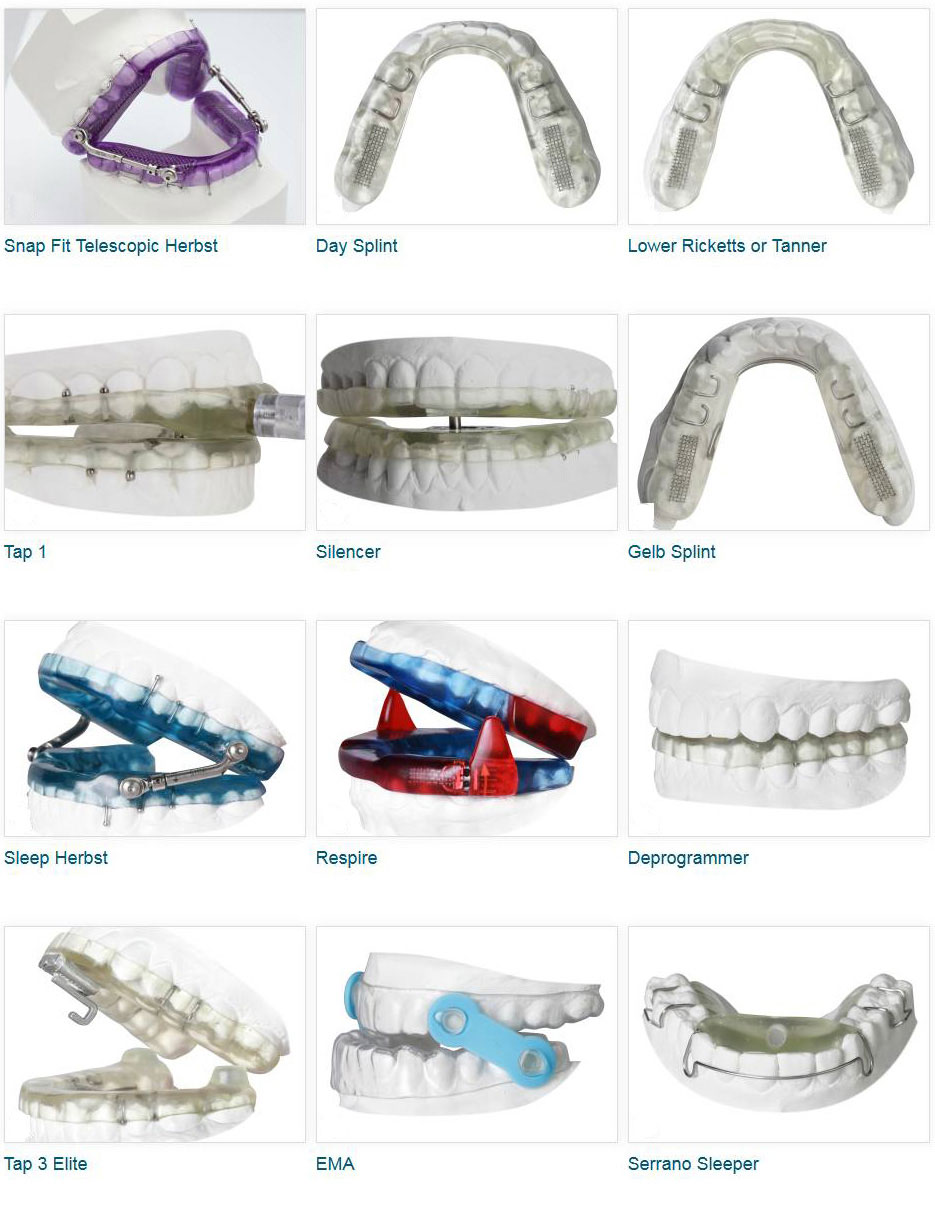The American Academy of Otolaryngology (for specialists in diseases of the nose and throat) notes that nearly half of American adults snore occasionally and a quarter do it frequently, but it usually just disturbs their partners.
But only about 20 million suffer from sleep apnea, a potentially life-threatening disorder, which causes individuals to stop breathing briefly while sleeping, disturbing their sleep, although they do not become fully awake. Almost all of those who have sleep apnea are adults, out of the 258 million total, according to the 2020 U.S. census, or less than 8%. However, if you are a male 50-70, your odds are 17%, while women of that age bracket are at 9%.
Yet 80% of people with moderate or severe Obstructive Sleep Apnea (OSA, 99% of cases) have not been diagnosed. There are factors that make it far more likely that you should be examined to see whether you may need treatment for OSA (which, surprisingly, is something your dentist can help with). According to WebMD, risk rises significantly for those who:
- Are overweight.
- Have a neck size 17 inches or greater in men (16 in women).
- Have a large tongue or tonsils or small jaw bone.
- Have a deviated septum or other nasal obstruction, allergies, or sinus problems, making it difficult to breathe through the nose.
- Have a family history of sleep apnea.
- Experience frequent acid reflux.
- Drink alcohol in the evening or take sedatives or tranquilizers before sleep.
Symptoms of sleep apnea, rather than just ordinary snoring, may include:
Being awakened sufficiently during the night to feel the need to urinate frequently.
- Waking up in the morning with a sore throat or feeling like there is cotton in your mouth (due to breathing through the mouth during the night to get more oxygen).
- Frequent migraine and other headaches.
- Severe tiredness, making it hard to stay awake while driving or working.
- Difficulty paying close attention or remembering things.
- Otherwise inexplicable anxiety, depression, and irritability.
- Lower libido.
Untreated, the results may be a great risk of car accidents, high blood pressure, diabetes, a stroke, and even Azheimer’s disease.
The standard treatment for OSA is known as the Continuous Positive Airway Pressure (CPAP). This requires the patient to lie on his or her back all night wearing a mask connected to an oxygen container, which many find uncomfortable.
Fortunately, your dentist can create a custom-made oral appliance that will keep the throat’s airway open and allow the body to get enough oxygen. Set up an appointment today with Dr. Marine to discuss whether you may have sleep apnea and your treatment options.


